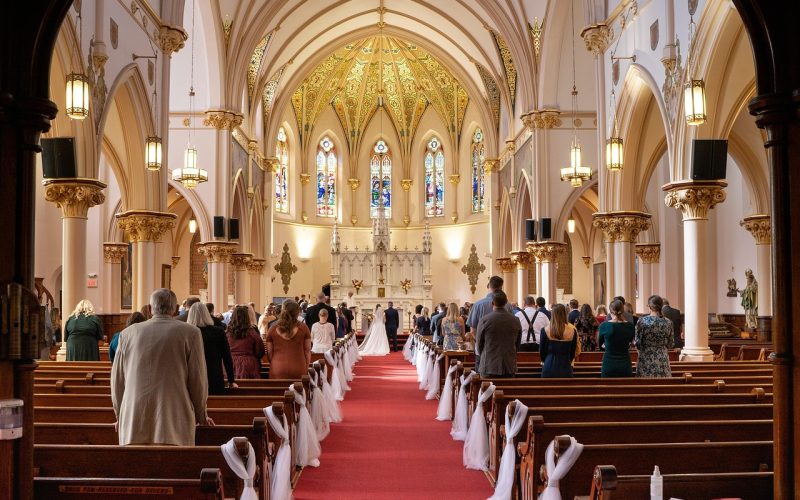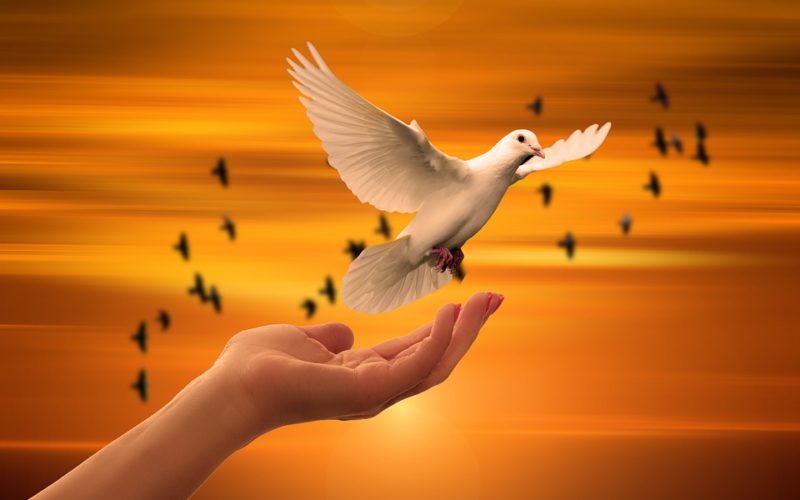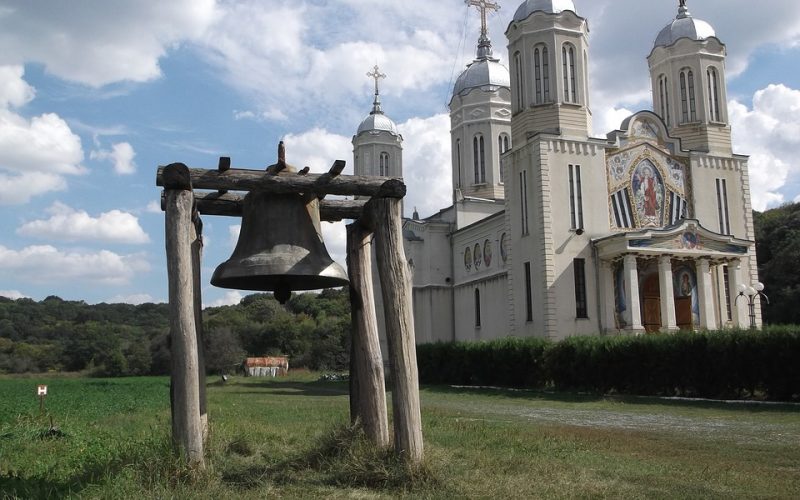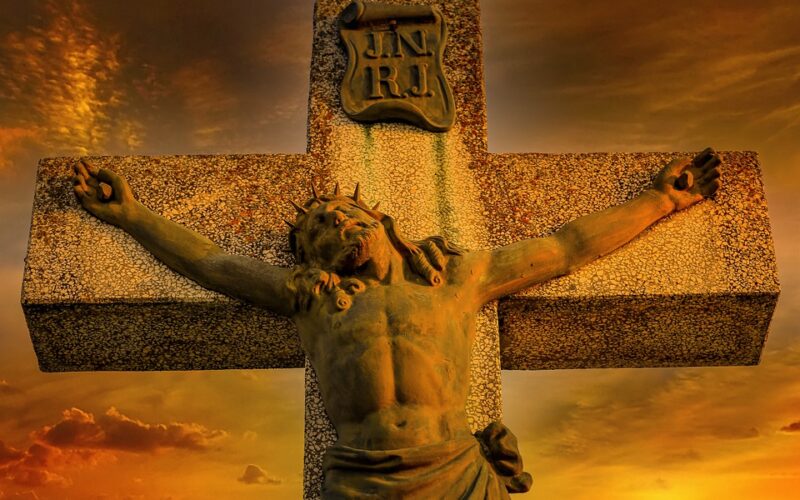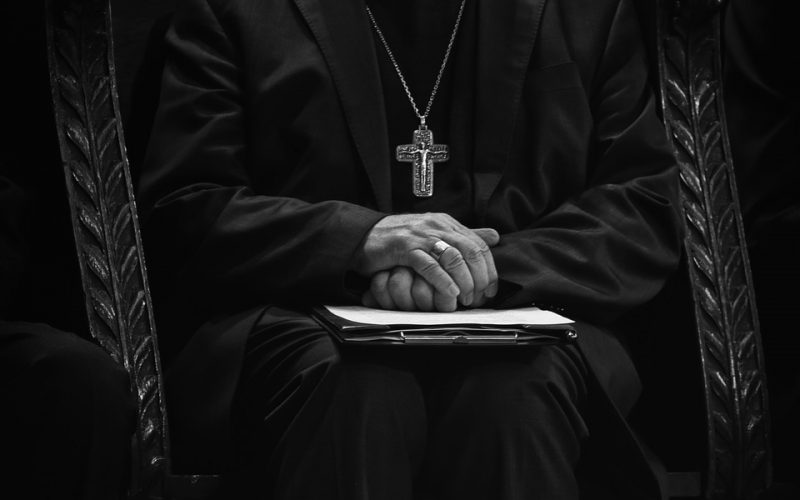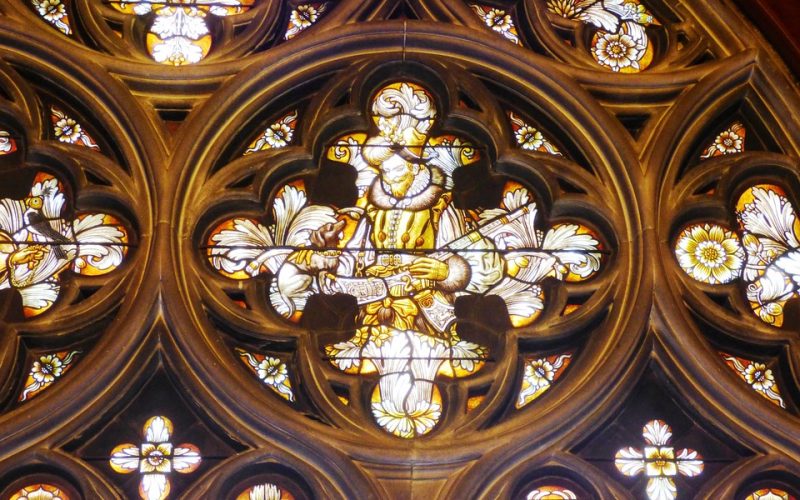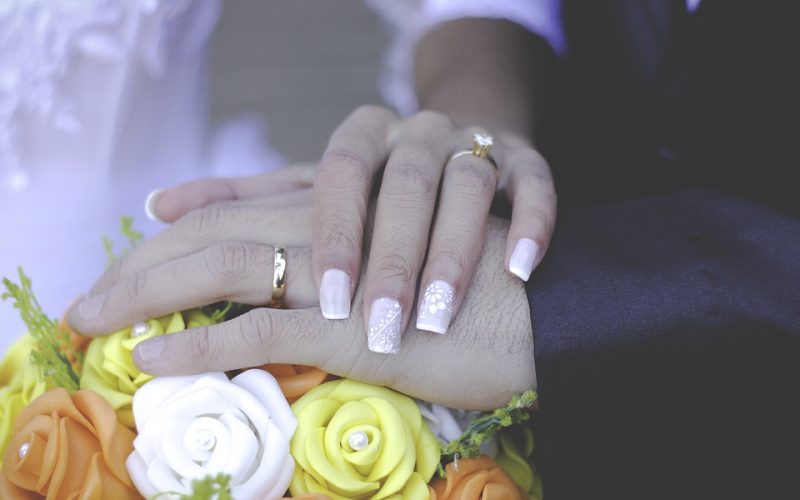Traditional Christian weddings are steeped in rituals and customs that have been carried through generations, offering a celebratory blend of love, faith, and family. These weddings are typically held in a church or chapel, with the ceremony guided by a priest or pastor.
Central to the ceremony is the exchange of vows, which is not only a promise to each other but a covenant witnessed by God. The structure of the service often includes hymns, scripture readings, and prayers, creating a sacred atmosphere rooted in religious significance.
God at the forefront
One key difference between traditional religious weddings and non-religious weddings is the focus and symbolism of the ceremony. While a traditional Christian wedding places God at the forefront, non-religious weddings may omit spiritual references entirely, focusing instead on personal or secular expressions of love.
For example, readings at a non-religious wedding might consist of poetry or literature rather than passages from the Bible. Similarly, the officiant at a non-religious wedding could be a celebrant, friend, or family member, allowing for a more personalised touch compared to the formal approach often seen in religious services.
A spiritual and historical backdrop
Another notable distinction lies in the setting. Churches offer a spiritual and historical backdrop for Christian weddings, complete with stained glass windows, altars, and pews that contribute to the sacred ambience. On the other hand, non-religious weddings often take place in diverse venues, from rustic barns to tropical beaches, reflecting the couple’s personal tastes.
This flexibility allows non-religious ceremonies to cater more to modern, inventive settings, whereas the traditional church still stands as a symbol of faith and reverence in Christian weddings.
Kneeling at the altar
Wedding photography plays a vital role in preserving the memories of any wedding, traditional or modern. However, in a Christian ceremony, photographers often take extra care to capture moments that highlight the religious elements, such as the couple kneeling at the altar, the exchange of rings, and the blessing by the officiant.
These photos underscore the spiritual foundation of the union. For couples opting for non-religious weddings, the focus of photography may be more on the aesthetics of the venue and candid moments shared among guests.
Managing timelines for the ceremony
Wedding planners, regardless of the type of wedding, provide tremendous support in orchestrating the details of the event. For couples planning a traditional Christian wedding, an experienced wedding planner specialising in religious ceremonies can ensure that all elements align with the customs and traditions of the church.
They assist in coordinating with the church venue, managing timelines for the ceremony, and working closely with vendors, such as florists and caterers, to ensure consistency with the couple’s faith-based vision. Similarly, they bring those organisational skills to non-religious weddings but may have greater freedom in terms of creativity and design.
Christian wedding receptions
The use of wedding fireworks is another feature that adds grandeur to a celebration. While fireworks were traditionally viewed as more of a non-religious wedding addition, they are increasingly being incorporated into Christian wedding receptions, symbolising joy and the start of a new life together.
Whether illuminating a countryside wedding or glittering over a waterside venue, fireworks create magical memories for the couple and their guests. However, some Christian couples may forego extravagant displays in favour of simpler traditions, reflecting their values of modesty or adhering to cultural customs.
A significant milestone
Both traditional Christian and non-religious weddings provide unique approaches to celebrating love. While one is embedded in age-old rituals with a connection to faith, the other often offers flexibility and individualism. Yet, at their hearts, both aim to mark a significant milestone in the lives of two people.
With the right combination of thoughtful elements such as wedding photography, professional planners, and meaningful touches like fireworks, any wedding, religious or not can become an unforgettable occasion filled with joy and unity.
